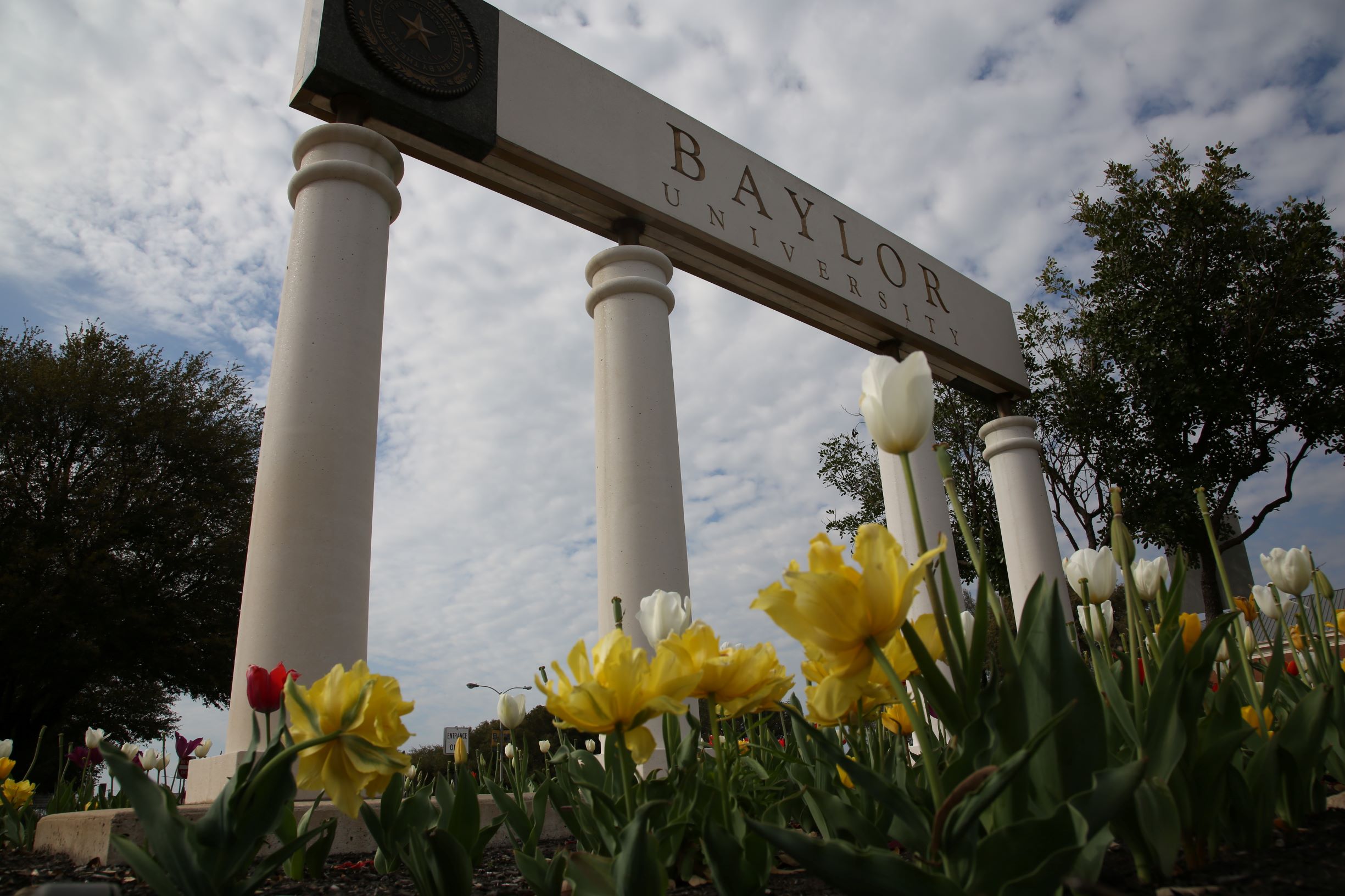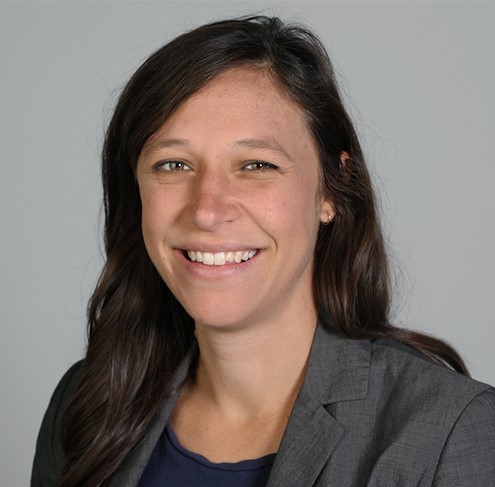Baylor Philosophy Class Analyzes Ethical Questions Arising From COVID-19
Professor shifts bioethics class to engage students in real-life cases studies like resource allocation, vaccine development and more
Follow Baylor University Media and Public Relations on Twitter: @BaylorUMedia
By Derek Smith, Baylor Marketing & Communications
WACO, Texas (May 1, 2020) – COVID-19 and the global response to a pandemic has forced practitioners in fields from healthcare to government to rapidly determine ethical responses to an array of challenging issues. From finite products like medical supplies to life-and-death questions related to where and whom to allocate these resources, leaders are grappling in real time with consequential decisions.
For students aspiring to future leadership, the crisis is amplifying the reality that the time for them to consider ethical responses to crisis, and to learn how to approach significant challenges, is now. As Baylor University shifted classes online to promote social distancing, Anne Jeffrey, Ph.D., assistant professor of philosophy, shifted her “Contemporary Moral Problems: Bioethics” class to engage her students in real world challenges prompted by the response to the virus.
“Philosophy has a lot to offer in the current moment, especially applied ethics, because of the way we operate. Our class generally utilizes fictionalized cases as a way of testing out theories and thinking through ethical principles,” Jeffrey said. “Since moving online due to COVID-19, we have started thinking about public health crises in a more realistic way. Instead of using science fiction cases, we’re analyzing real world issues, and there are a lot of them we’ve covered since this this began.”
Initially, Jeffrey dropped a fictional organ transplant case for a Coronavirus case dealing with the allocation of medical resources like ventilators, hospital beds and masks. From there, students analyzed questions related topics such as:
- Resource allocation: How do we determine who accesses resources like ventilators, hospital beds and masks?
- Privacy rights: Are privacy rights overridden in a pandemic situation?
- Vaccine development: To what extent should practitioners focus on vaccine development to prepare for a pandemic in normal times, versus vaccines for more immediate concerns?
- Fund allocation: Should government-funding go to organizations like the World Health Organization (WHO) or should some go to the production, transportation and distribution of unvalidated medical intervention?
- Unvalidated interventions: should unvalidated treatments be limited to clinical trials?
- Neighbors: should personal giving focus on individuals in need in our local communities or to organizations that support people globally?
Students in the class range from freshman to seniors, with majors including philosophy, biology, medical humanities, film and digital media, and great texts. Participants are immersed in the perspectives of medical practitioners, healthcare administrators, policymakers, journalists, government officials and private citizens. For their final project, smaller student groups either develop a professional website or produce a professional video that could be shared with professional practitioners to provide recommendations for specific problems.
While virtual classes can limit the richness of personal interaction, other modes of connection have grown, such as a group text thread on Microsoft Teams, Jeffrey said. As students engage with the topics asynchronously outside of class time, the thread has remained active at all hours of the day as students post articles and comment on the issues contained therein.
“I truly am glad our class has been able to cover these topics,” said Riley Randall, a freshman medical humanities major from Tyler, Texas, who is on the pre-med track. “As a future physician, I think it has been very beneficial for me to see the ethical issues in healthcare today, and how we approach them.
“We are seeing today how COVID-19 is really taking a toll on many people, including healthcare workers, and a big part of that is the decision-making when it comes to treating patients. Doing this project really opened my eyes as to how important ethics is in medicine, and should not be overlooked. While this can be a frightening time for many, I am very fortunate we have been able to dive deeper into what the world is facing today.”
Watching professionals in the fields they hope to reach respond in real time, Jeffrey said, has driven home the need to be prepared when their time in leadership arrives. As philosophy provides them with a “framework for cognitive empathy and seeing other perspectives”, she aims for the class to help them engage with the issues in a foundational way that benefits them when inevitable challenge arise.
“I feel lucky to get to talk to students about topics like resource allocation before they go into their fields and face the decisions that people are having to make right now,” Jeffrey said. “It’s challenging to make decisions when you’re in the thick of something like this. Having thought through these challenges and having system in place which you’ve agreed on through collaboration in advance is a meaningful moment, and the value of that cannot be overstated.”
Learn more about Dr. Jeffrey’s approach and a breakdown of bioethical challenges in COVID-19 in a recent episode of the radio program and podcast “Baylor Connections.” Jeffrey breaks down the class in the second half of the program.
ABOUT BAYLOR UNIVERSITY
Baylor University is a private Christian University and a nationally ranked research institution. The University provides a vibrant campus community for more than 18,000 students by blending interdisciplinary research with an international reputation for educational excellence and a faculty commitment to teaching and scholarship. Chartered in 1845 by the Republic of Texas through the efforts of Baptist pioneers, Baylor is the oldest continually operating University in Texas. Located in Waco, Baylor welcomes students from all 50 states and more than 90 countries to study a broad range of degrees among its 12 nationally recognized academic divisions.
ABOUT THE COLLEGE OF ARTS & SCIENCES AT BAYLOR UNIVERSITY
The College of Arts & Sciences is Baylor University’s largest academic division, consisting of 25 academic departments and eight academic centers and institutes. The more than 5,000 courses taught in the College span topics from art and theatre to religion, philosophy, sociology and the natural sciences. Faculty conduct research around the world, and research on the undergraduate and graduate level is prevalent throughout all disciplines. Visit baylor.edu/artsandsciences.

